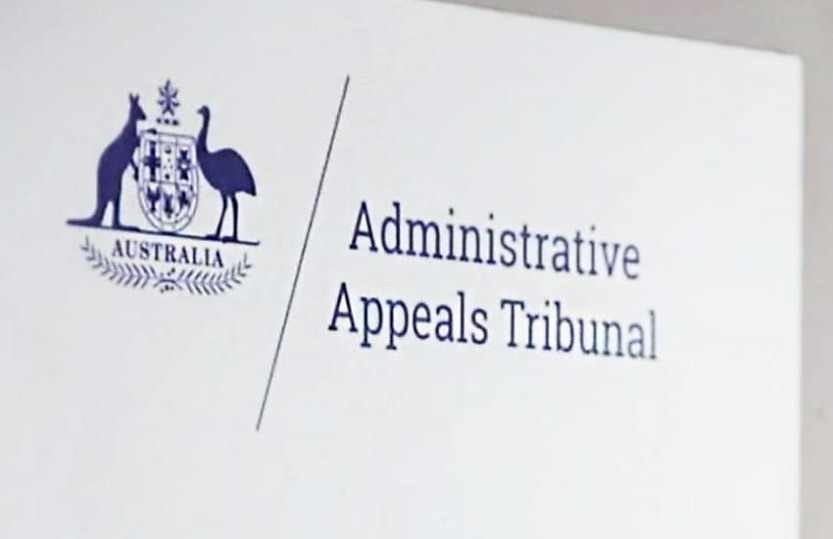AAT upholds ATO decision on self-education expenses

The tribunal has dismissed an appeal relating to self-education expenses claimed as deductions by a dental technician.
The Administrative Appeals Tribunal has found that expenses incurred as part of completing examinations and practical assessments by a dental technician were not deductible in a recent decision, Ionita and Commissioner of Taxation (Taxation) [2024] AATA 808.
The applicant in the case was qualified as a dentist in Romania and moved to Australia in 2012 to commence working as a dental technician in 2013.
She wanted to become registered to practise as a dentist in Australia. This required her to meet the requirements of the Dental Board of Australia, including undertaking an initial assessment and then completing written and practical examinations facilitated by the Australian Dental Council of Australia.
She sought to claim tax deductions for costs associated with her examinations to become registered as a dentist in Australia as well as associated meals, accommodation, and flight expenses.
The deductions were claimed for the income years ending 30 June 2015, 30 June 2017, 30 June 2018, and 30 June 2019.
In notices of assessment issued by the ATO, the Commissioner of Taxation found that the expenses were not deductable as there was not a sufficient connection between her income-earning activities and the self-education expenses.
The tribunal had to consider whether the was a sufficient nexus between the expenses incurred and the applicant’s income-earning activity as a dental technician.
AAT senior member Dr Michelle Evans-Bonner said based on the legislative framework, this connection would exist if:
- The self-education undertaken by the applicant was necessary to maintain her income-earning activities as a dental technician.
- The self-education improved her skills or knowledge necessary to perform her role as a dental technician.
- The self-education led to an increase in income in her role as a dental technician.
The Commissioner of Taxation submitted that the applicant’s employer did not require her to undertake the assessment or examinations as part of her dental technician role nor was there any regulatory requirement that she do so for her role as a dental technician.
The ATO also noted that there was no such requirement in her employment contract or job description and she obtained her employment prior to undertaking the initial assessment and remained employed in the absence of completing all the assessments and examinations.
It also stated that the assessment and examinations relate exclusively to becoming eligible for registration as a dentist in Australia and therefore the expenses were incurred at a point too soon to be regarded as incurred in gaining or producing the applicant’s assessable income.
While the applicant received pay rises, the ATO said the applicant had not provided sufficient evidence to show the increase in salary was a result of sitting the assessment or the examinations.
The tribunal noted that the letter from her employer did not specifically state that her pay increases were due to her completion of the assessment and the examinations.
“The overall timing and pattern of wage increases [seem] to have no discernible correlation to the Applicant’s completion of her assessment and examinations,” said Evans-Bonner.
The tribunal also found that the evidence did not support a finding that the assessment or the examinations were required to maintain the applicant’s skills as a dental technician.
“She was already a qualified dentist overseas. Her employment contract did not require her to undertake any study to maintain her skills, nor did any professional body,” said Evans-Bonner.
She also agreed with the commissioner’s submission that it was not clear how the assessment, written examinations, or practical examinations had the effect of maintaining or improving the applicant’s skills as a dental technician.
“The evidence is in the form of general assertions, and it is not clear how sitting examinations to certify suitability for registration as a dentist in Australia improved the Applicant’s skills as a dental technician,” she said.
She also noted that while the industry is the same for both roles, the roles appear to be different.
“For example, the role of a dentist is patient-centred focus in treating, educating and advising patients about their oral hygiene and health and includes performing procedures under anaesthetic, prescribing medications and referring patients to specialists,” she said.
“In contrast, the role of a dental technician does not involve any patient contact, but rather involves working in a laboratory and includes receiving orders from a dental prosthetist or dentist to, for example, make plaster and stone models, impression trays, construct ceramic restorations, refine and repair dentures and the like.”
The tribunal found that the expenses were not deductable under section 8-1(1)(a) of the ITAA 1997 as there was an insufficient connection between the expenses completed in the examinations and assessments by the applicant and her income-earning activity as a dental technician.






